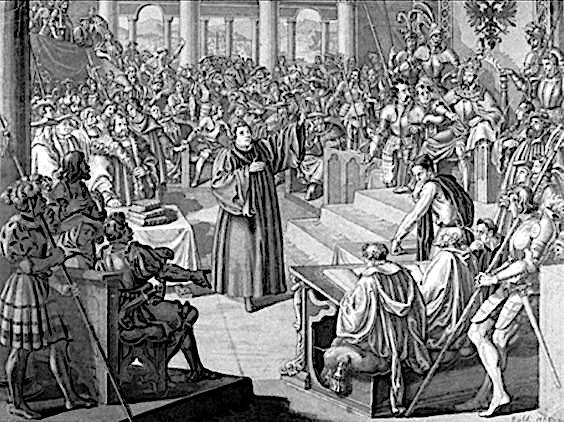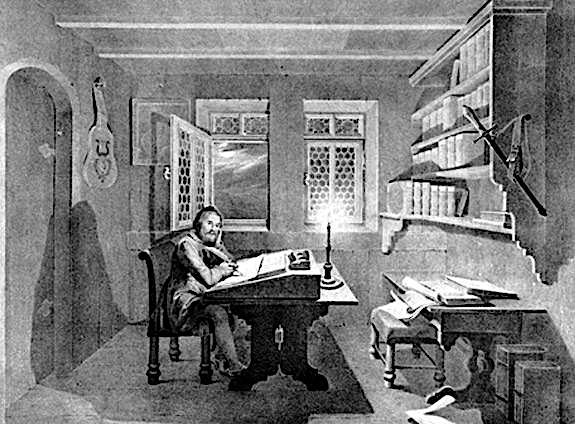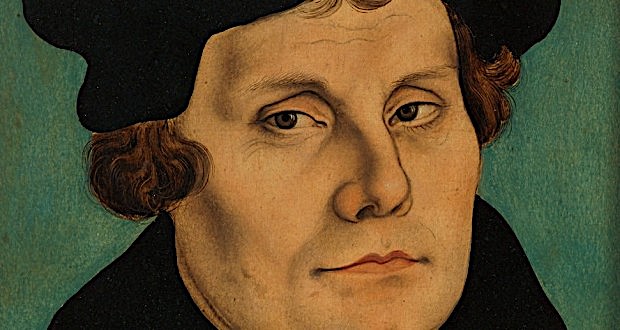Martin Luther, born on November 10, 1483, in Eisleben, Saxony, and passing away on February 18, 1546, in the same city, was a German Augustinian friar, theologian, and university professor. As the founder of Protestantism and a key figure in the Church's Reformation, his ideas profoundly shaped the Protestant Reformation, fundamentally altering the trajectory of Western civilization.
Deeply preoccupied with questions of death and salvation that were central to late medieval Christianity, Luther sought answers in the Bible, particularly in Paul’s Epistle to the Romans.
For Luther, the salvation of the soul was a free and unmerited gift from God, granted through heartfelt repentance and authentic faith in Jesus Christ as the Messiah. He rejected the notion of Church-mediated salvation, asserting that the Bible alone was the ultimate and legitimate authority for Christian faith and practice.
Luther was appalled by the trade in indulgences initiated by Popes Julius II and Leo X to finance the construction of St. Peter's Basilica in Rome. In response, he published his famous 95 Theses on October 31, 1517, an act that sparked widespread debate and ultimately set the Reformation in motion.
On June 15, 1520, Pope Leo X summoned Luther to retract his statements, and when he refused, Luther was formally excommunicated on January 3, 1521, through the papal bull Decet Romanum Pontificem. Later that year, Holy Roman Emperor Charles V summoned him to the Diet of Worms, promising safe conduct for Luther to attend without harm.
At the Diet of Worms, Luther refused to recant his views, famously declaring that he was bound by the testimony of Scripture and his own conscience, rather than by the authority of the Church hierarchy. In response, and under pressure from Charles V, the Diet issued an imperial ban against Luther and his followers.
Luther found refuge with his supporter, Elector Frederick III the Wise of Saxony, at Wartburg Castle. It was there that he produced many of his most influential writings. During this period, he undertook the monumental task of translating the Bible into German directly from the original texts. This translation not only played a pivotal role in shaping the German language but also established enduring principles for the art of translation, leaving a profound cultural and theological legacy.






